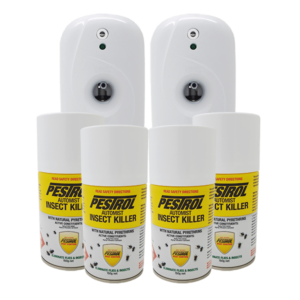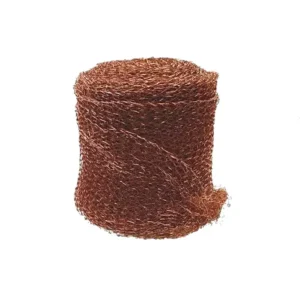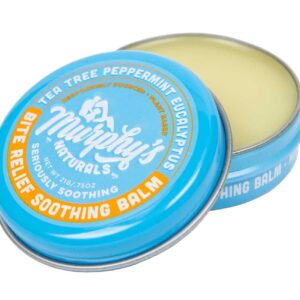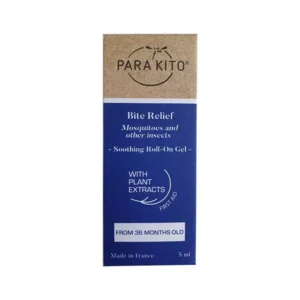There are over 1700 species of native bees found in Australia. Eleven of the species, the social native bees have no sting.
Native Bees do an amazing job pollinating our flowers and crops. This is their main activity and 70% of the food that we consume is pollinated by bees. Foods such as macadamia, avocados, watermelon, citrus fruits, and mangos as all here because of bees.
Stingless bees are a lot smaller and family-friendly which makes this bee a very popular addition to the backyard.
Social species of Australia native bee do produce honey, but not much, as they are relatively primitive species.
Different species of Australia native bee have different habits and preferences in gathering pollen, so different species are better pollinators of a given plant than other species.
Approximately 800 species of native bees occur in Western Australia, and many of them are endemic.
245 reviews
Rated 4.60 out of 5
$99.00
17 reviews
Rated 4.82 out of 5
$79.90 $69.90
29 reviews
Rated 4.76 out of 5
$12.90
9 reviews
Rated 4.78 out of 5
$39.90 $29.90
4 reviews
Rated 5.00 out of 5
$89.90
14 reviews
Rated 5.00 out of 5
$49.90
1 reviews
Rated 5.00 out of 5
$14.90
1 reviews
Rated 5.00 out of 5
$19.90
1 reviews
Rated 5.00 out of 5
$79.90
7 reviews
Rated 4.86 out of 5
$14.90
1 reviews
Rated 5.00 out of 5
$79.90
Quick Facts:
We can enjoy a range of foods from apples and pears to coffee and vanilla and all that is thanks to the bees! If you are wearing cotton clothing, that's because the cotton plant your threads came from was pollinated.
Keeping bees is an amazing experience. It is an enlightening, humbling, educational, and rewarding experience. Beekeeping supports community pollination, food supplies, and fosters bee populations outside of the commercial beekeeping industry.
Did you know that a bee produces 1 teaspoon of honey in its entire lifetime?
















